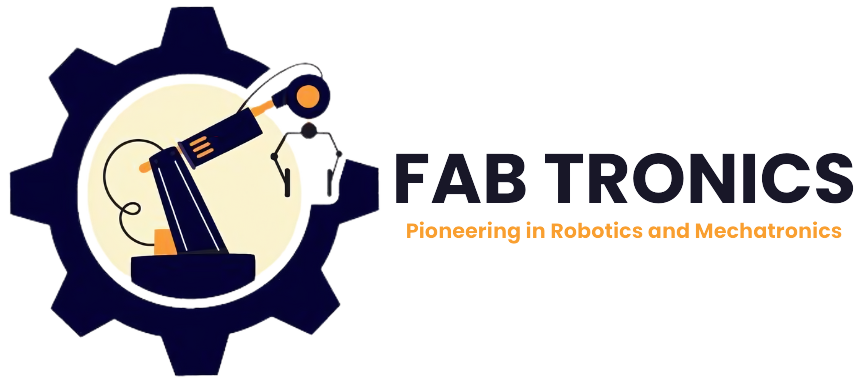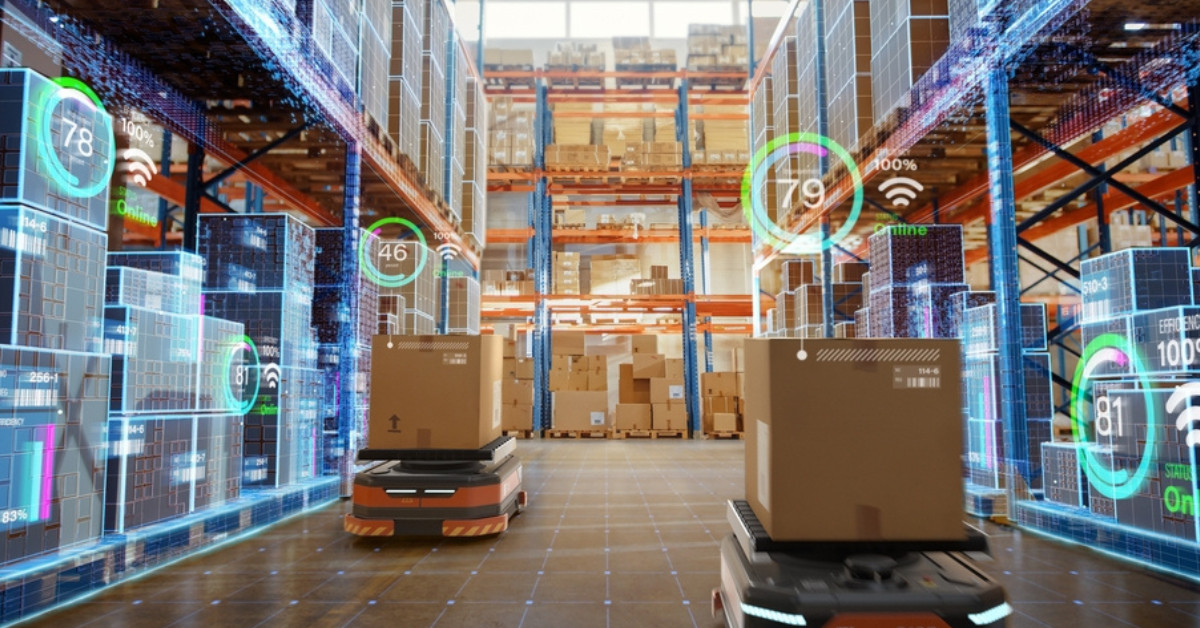Warehouse automation is an important element related to modern supply chain management. It has solutions to improve efficiency, reduce all sorts of costs and, above all, improve accuracy. Industrial engineering plays a pivotal role in successfully designing and implementing automation systems. Therefore, it becomes possible to have seamless integration along with optimal performance.
Challenges in Traditional Warehousing
In addition to the benefits and advantages of traditional warehousing, there are a number of challenges associated with it. It is for this reason that automation warehousing has gained popularity in overcoming these challenges and coming up with the best outcomes. Here are some of the key challenges that have further promoted warehouse automation.
- Manual handling is time-consuming and can result in higher error rates.
- There is not much manpower in the logistics industry. A lack of skilled manpower can lead to higher wages and operational costs.
- It is not possible to meet customer expectations with manual systems. These expectations are much needed for quick and accurate time deliveries.
- It is hard to utilize the warehouse space efficiently and manage inventory levels.
Industrial Engineering Solutions for Warehouse Automation
In order to meet the multiple challenges in warehouse automation, here are the industrial engineering solutions to streamline the affairs:
- Lean methodologies can help improve workflows, reduce waste, and improve the material flow in the warehouse.
- Automated storage and retrieval systems (AS/RS) help improve inventory management through storage automation and the retrieval process. It can further increase accuracy and space utilization.
- Integrating robotics like Automated Guided Vehicles (AGVs) and Autonomous Mobile Robots (AMRs) can be a great help in material handling and order picking.
- IoT devices and data analytics can be a real help in getting real-time tracking and predictive insights and enhancing decision-making processes.
- Along with human workers, collaborative robots or cobots can be a great help in assisting, which can lead to better overall productivity.
The Success Stories
Currently, there are several success stories that can help understand the role industrial solutions play in warehouse automation.
Amazon Robotics Fulfillment Centers
The use of robotics is a significant development by Amazon in warehouse operations. It can easily enhance efficiency and reduce manual labour. Here are the popular robots that Amazon is using.
Proteus is the first fully autonomous mobile robot by Amazon. It helped me work efficiently alongside human employees and transport packages across the warehouse floor.
Sparrow is a robotic arm that takes care of a wide range of products. It improves the speed needed for sorting and packing.
Robin and Cardinal: These are another set of robotic arms that are just great for sorting packages and preparing them for shipment.
These innovations have allowed Amazon to streamline operations, increase throughput, and maintain high levels of accuracy in order fulfilment.
Walmart’s Automated Distribution Centers
Walmart has made a considerable investment by automating the distribution centres and improving the supply chain efficiency. After partnering with Symbotic, it has implemented advanced robotic systems that can sort, store and retrieve the products. Therefore, it is possible to restock the stores in less time and at lower operational costs.
John Lewis’s Robotic Storage System
British retailer John Lewis has deployed autonomous robots in its distribution centre to enhance storage capacity and order processing efficiency. The implementation of these robots has increased storage capacity by 75% and saved the company £1 million. This system has been particularly beneficial during peak seasons, such as Christmas, by enabling the company to handle increased online orders more effectively.
The Future of Warehouse Automation
Warehouse automation is likely to experience constant growth and several advancements in the future.
- Integrating AI and machine learning will lead to adaptive and intelligent automation systems.
- There is more emphasis on developing energy-efficient systems that will have little impact on the environment.
- With the growth of automation, concerns over workforce displacement and ethical implications have increased as well.
Conclusion
Industrial engineering solutions are at the forefront of transforming warehouse operations through automation. By embracing these technologies, businesses can achieve greater efficiency, accuracy, and cost savings, positioning themselves for success in the evolving landscape of supply chain management.


